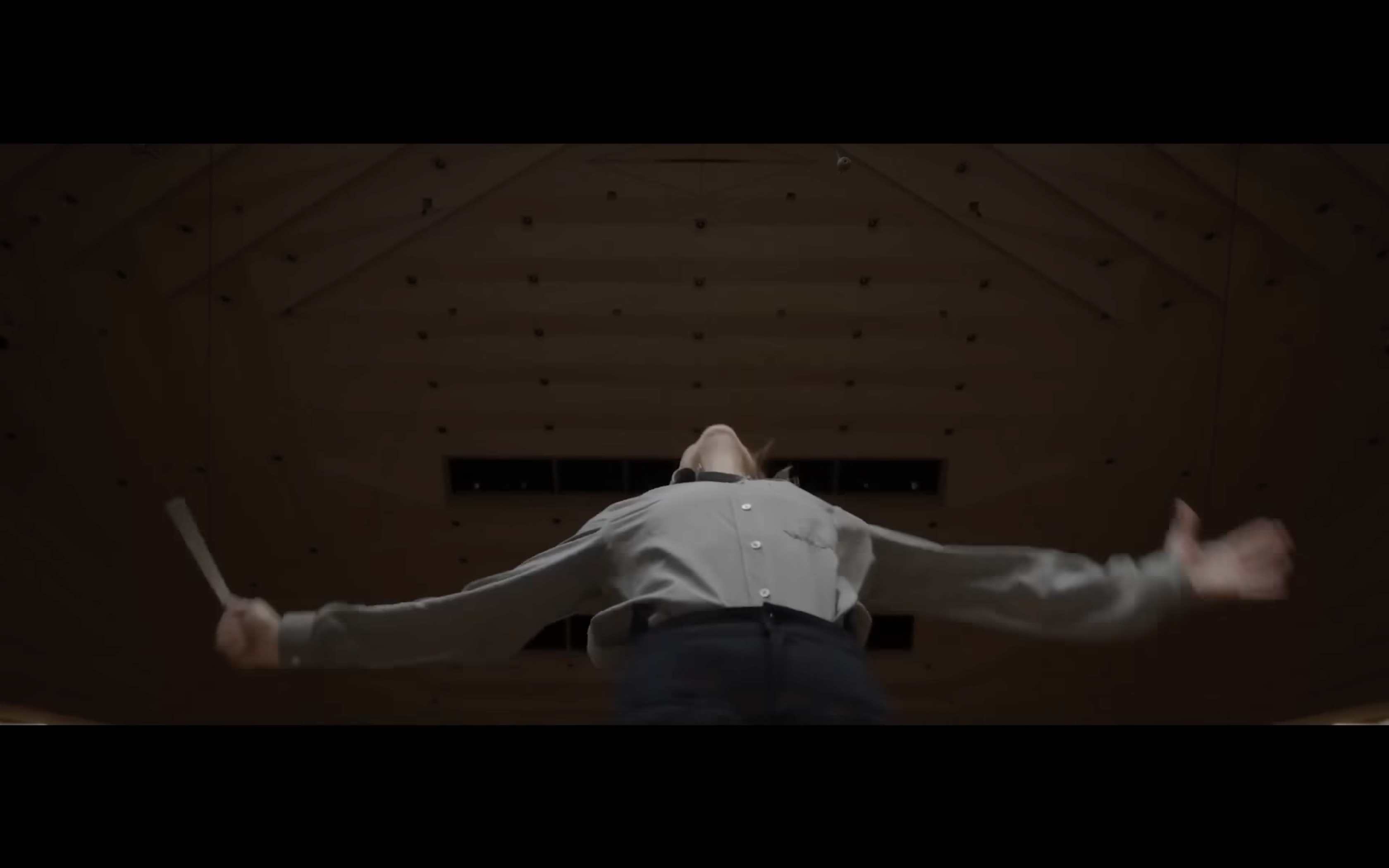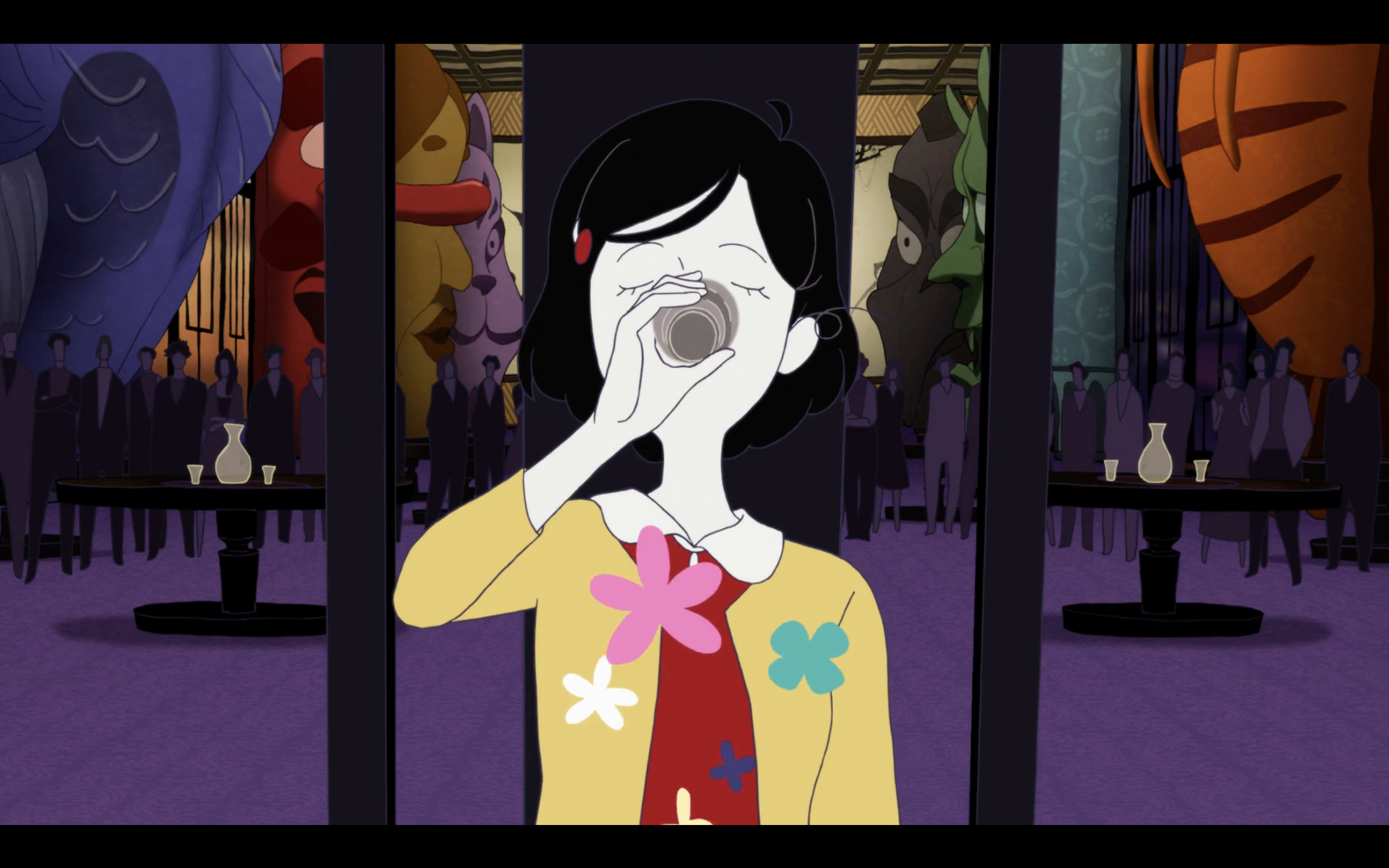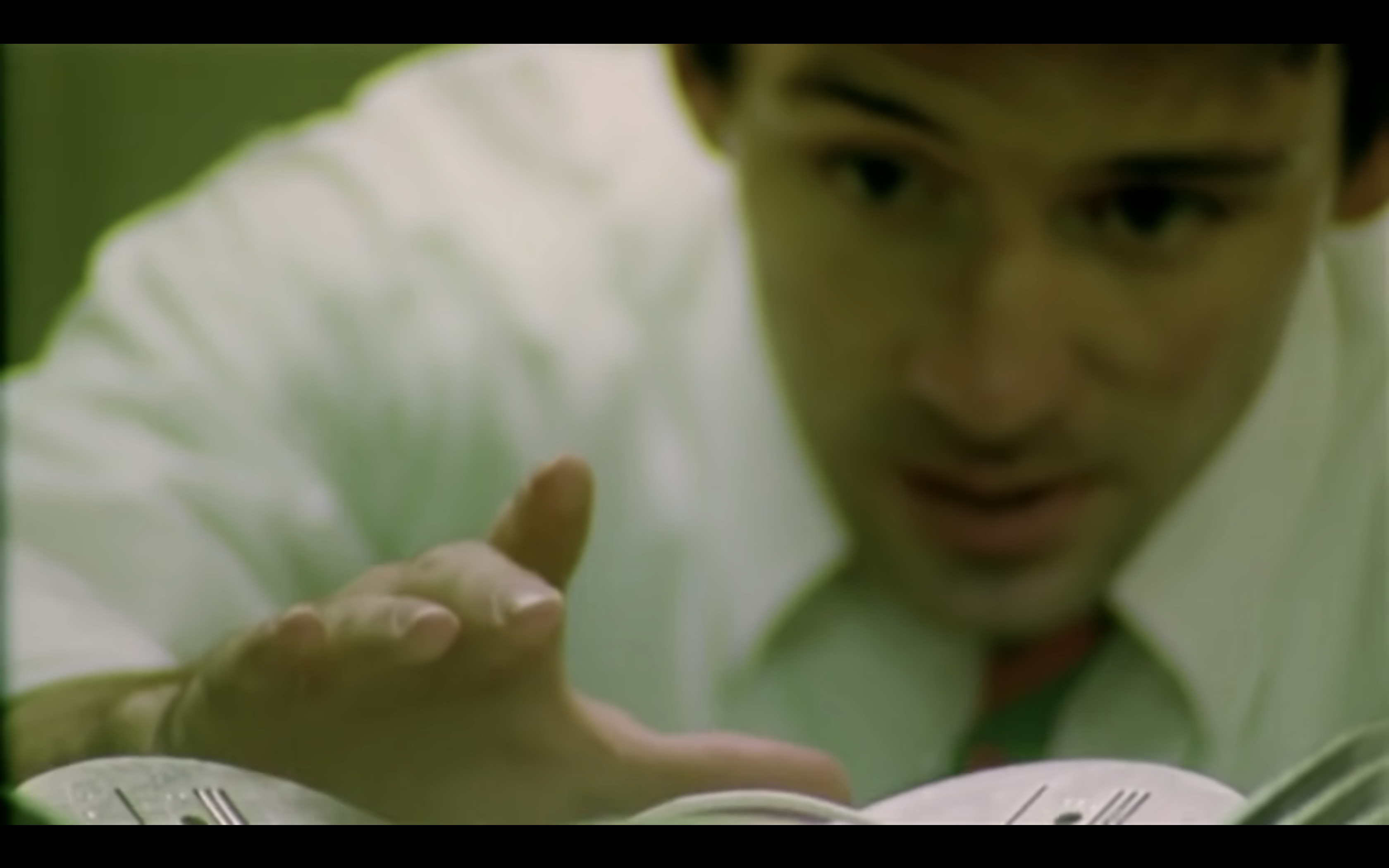
Writer-director Todd Feild’s Tár is another example of stress-inducing cinema. It is a part of the list of films that are defined by a viewing experience dominated almost entirely by a feeling of anxiety, hardly leaving the audience with room to breathe. You watch and cringe and wince at every choice made by Lydia Tár (Cate Blanchett) and everything revealed about her past. I, for one, was not rooting for her by any means. She is, simply put, a terrible person. And yet, her downfall, caused by a constant stream of poor decisions, is still painful to witness.
Lydia is a renowned conductor and composer. But the darkness that lies underneath is brought to light throughout the film. We learn that she uses her fellowship program for emerging woman conductors to manipulate young women. The case that is tied into the plot of the film is about her former student Krista Taylor, whom Tár groomed and coerced into sexual favors. But after the affair fell apart, Tár used her notoriety to blacklist Krista from the industry. She uses a similar abuse of power against her personal assistant Francesca, holding her authority and a promotion to assistant conductor over Francesca’s head, all while pretending to love her.
After news of Krista’s suicide spreads, allegations begin to build up, sparked by Krista’s suicide note. At the same time, she tries to start another affair with Olga, a young cellist she is attracted to. After the legal case against her gains power and prominence, she gets removed from her position as conductor, her relationship with Olga comes to an end, and her wife Sharon leaves, taking with her their daughter Petra, Lydia moves and takes a position in Southeast Asia.
That is what makes the film so compelling. On the one hand, the film does not blur the lines about whether Lydia is a good person. It is blunt in depicting her as unequivocally monstrous and abusive. Aside from being a protective and loving mother to her daughter and a genius musician and conductor, she has very little that actually redeems her. Manipulative and abusive would be putting it lightly. But, at the same time, it is hard not to find yourself pulled into her pace. Maybe charisma is not the right word, but there certainly is something that draws us in. The same character both revolts and draws in, if only but a little. Slight enough that we are not in the dark about what kind of person she is, but enough that we can, at least to some degree, get why she fools everybody around her. The film expertly allows us to see the reality of manipulative people, such as Lydia, and feel part of the illusion experienced by their victims.
Certainly, the writing can be thanked for this. While the content of her character is apparent, the construction of character is not heavy handed and never feels on the nose. The monstrosity of her attitudes and actions are obvious, but always believable and never cartoonish. Despite it all, she is still written as a human person. All the while, this is balanced and undercut why a subtle humor. And this humor does not take away from the weight or seriousness of the rest of the work.
But equally, if not even more, complicit in this complex dynamic is the performance by Blanchett. She performs with such power and strength and gravity. Even the smallest of actions, like the turning of a page or writing with a pencil, are carried out in a way that seems to reinforce her authority and dominance.
But as the film plot goes on, Blanchett similarly portrays fragility and weakness. No more is the dominating Lydia Tár that we once knew. Instead, she is replaced by Linda Tarr (as it is revealed late in the film, her birth name), who feels like she could collapse after the slightest push. It becomes clear that her strength was, really, nothing more than a facade. And it is through Blanchett’s performance that these seemingly contradictory forces are bound in the same character. Unquestionable power and authority, overwhelming weakness and cowardice.
As expected from a film about a conductor, the musical composition is excellent. It is all stunning and, while it can easily stand as impressive by itself and in its own right, serves to create and immerse the audience into the world and politics of the symphony orchestra. Although, perhaps this isn’t saying much. A film about music or the people involved with music that has a poorly executed score or soundtrack, as far as I’m concerned, wouldn’t be worth its salt in the first place.
The intensity of music is rivaled and outmatched only by the intensity of the central character and her relationships. Tár is tense and humorous and captivating from beginning to end.

